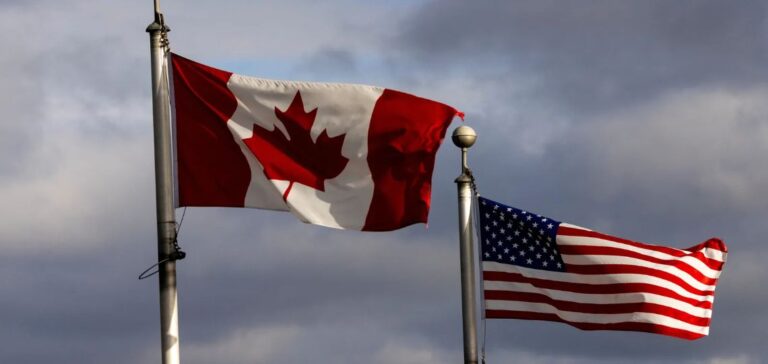The Minister of Energy and Natural Resources of Canada, Jonathan Wilkinson, traveled to Washington to emphasize the importance of an agreement that aims to prevent possible tariffs in the energy sector. The discussions focused on collaboration between Canada and the United States (U.S.) to stabilize supply chains. He notably raised the negative repercussions that tariff barriers could generate on energy costs for consumers. Several meetings took place with legislators and association leaders to promote a business climate conducive to cooperation.
Consolidation of Institutional Relations
During meetings on Capitol Hill, the Minister discussed with various members of Congress the advantages of a common approach to energy matters. The talks included points on national security, the availability of strategic resources, and the mutual strengthening of essential infrastructure. Officials such as Senator John Hoeven and Senator Chris Coons were informed of the benefits of an alliance that could meet North America’s growing energy demand. The Minister also highlighted the role that critical minerals play in the economy and the need to secure their supply.
Several meetings then took place with representatives of key sector associations, including the American Fuel and Petrochemical Manufacturers and the Nuclear Energy Institute (NEI). The issue of protecting supply chains was addressed, emphasizing the competitiveness of the North American market. The Minister pointed out that implementing tariffs could affect stability and costs, impacting both businesses and consumers. The idea of a more extensive partnership was advanced to support a shared vision of affordability and economic growth.
Meetings With the Private Sector
Executives from major companies, including Shell, BP, Enbridge, TC Energy, Cenovus, and other industry players also met with the Minister. The discussions revolved around Canada’s key role in supplying resources, as well as the opportunity to strengthen cross-border cooperation to stabilize markets. The possibility of tariffs was presented as a risk factor that could drive up prices and disrupt investments. The call for a strong bilateral framework was repeated, highlighting the complementarity of both countries in the energy field.






















